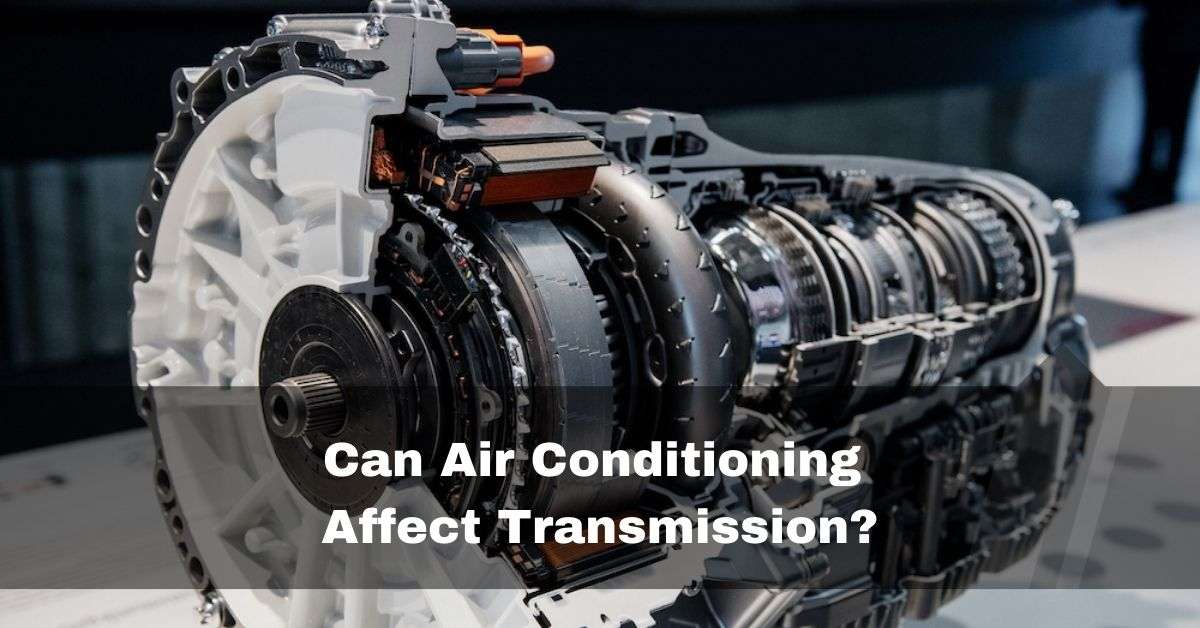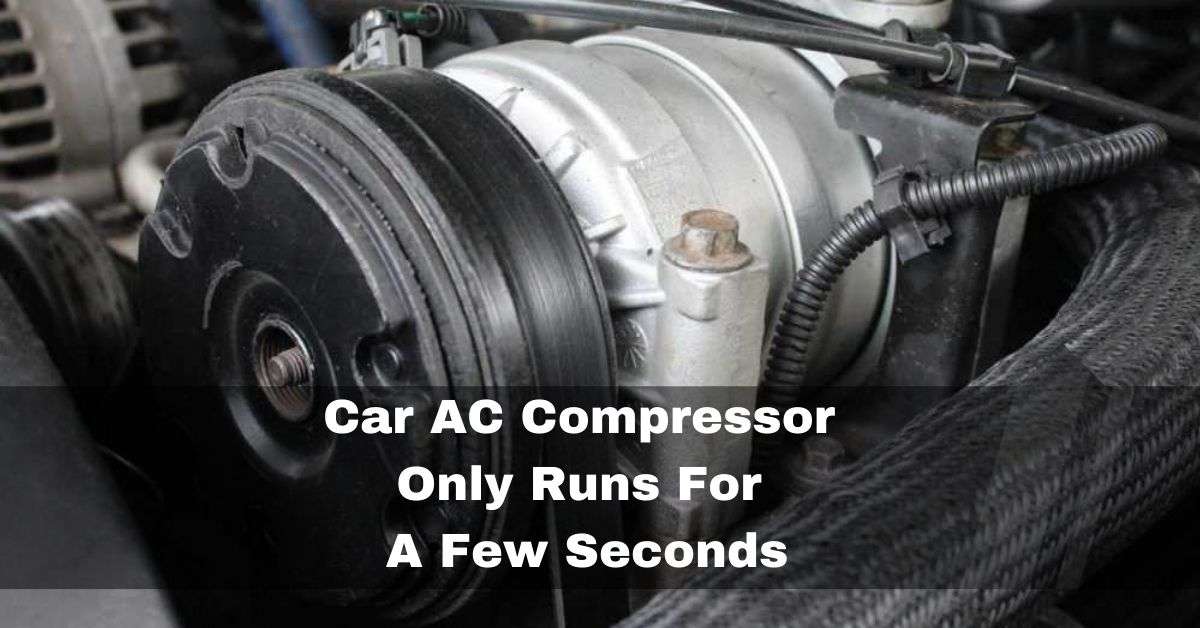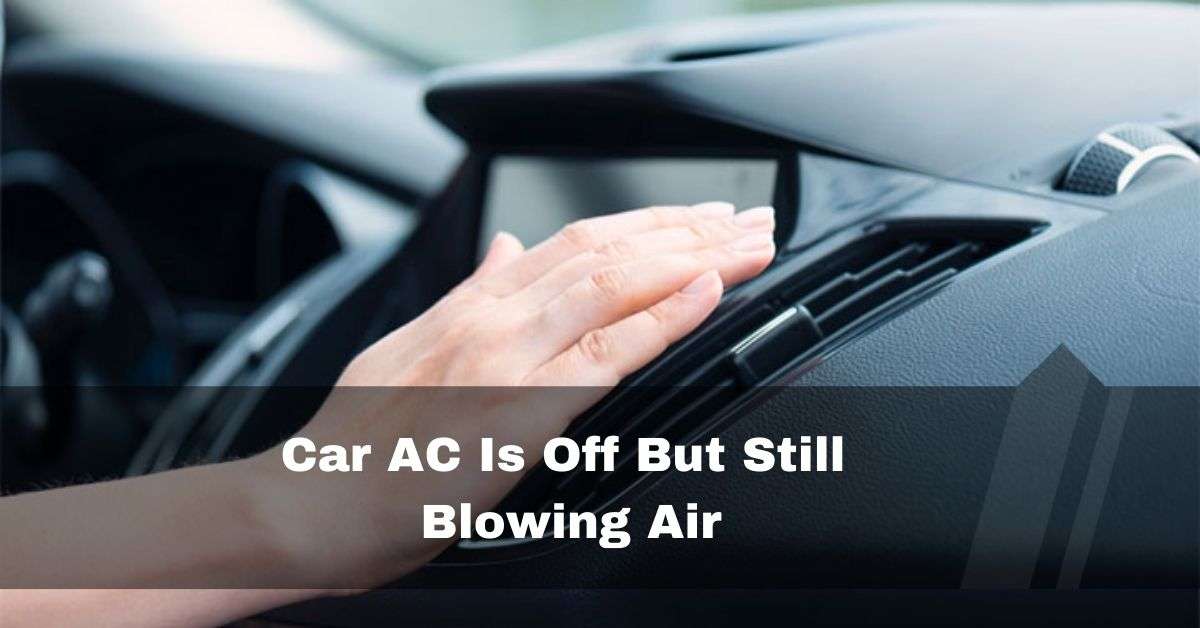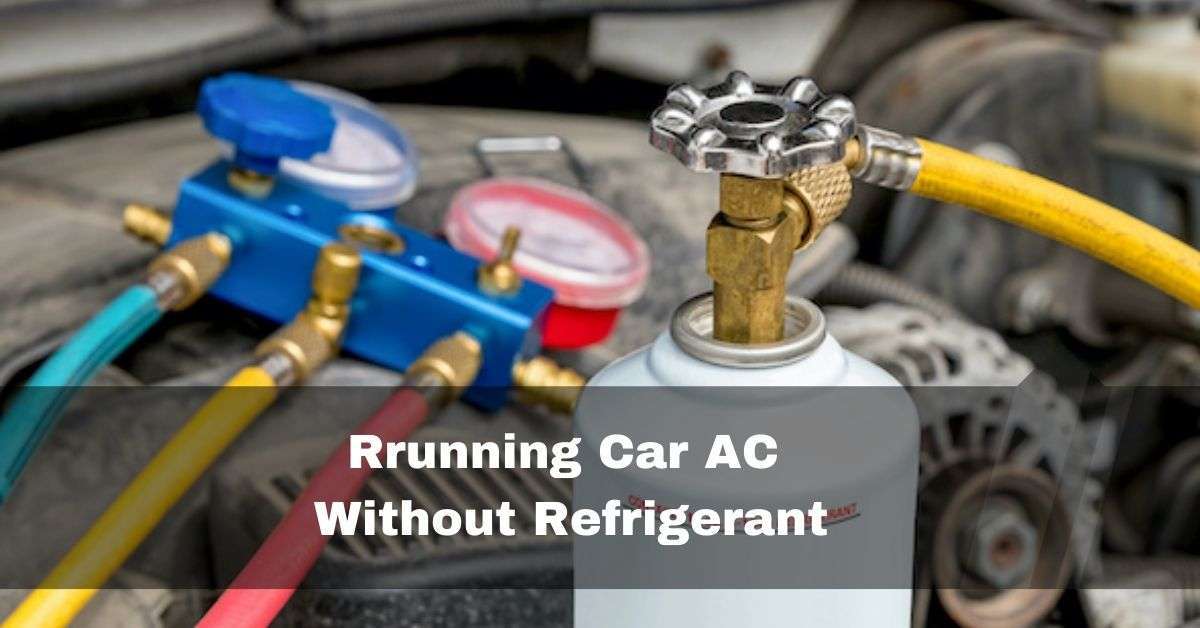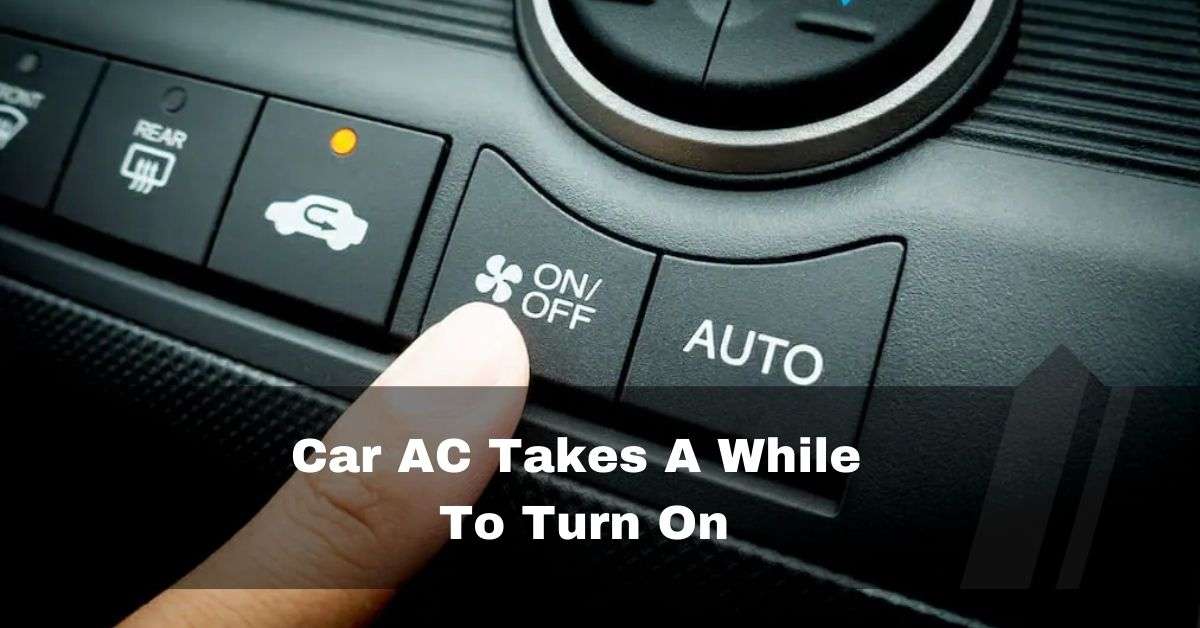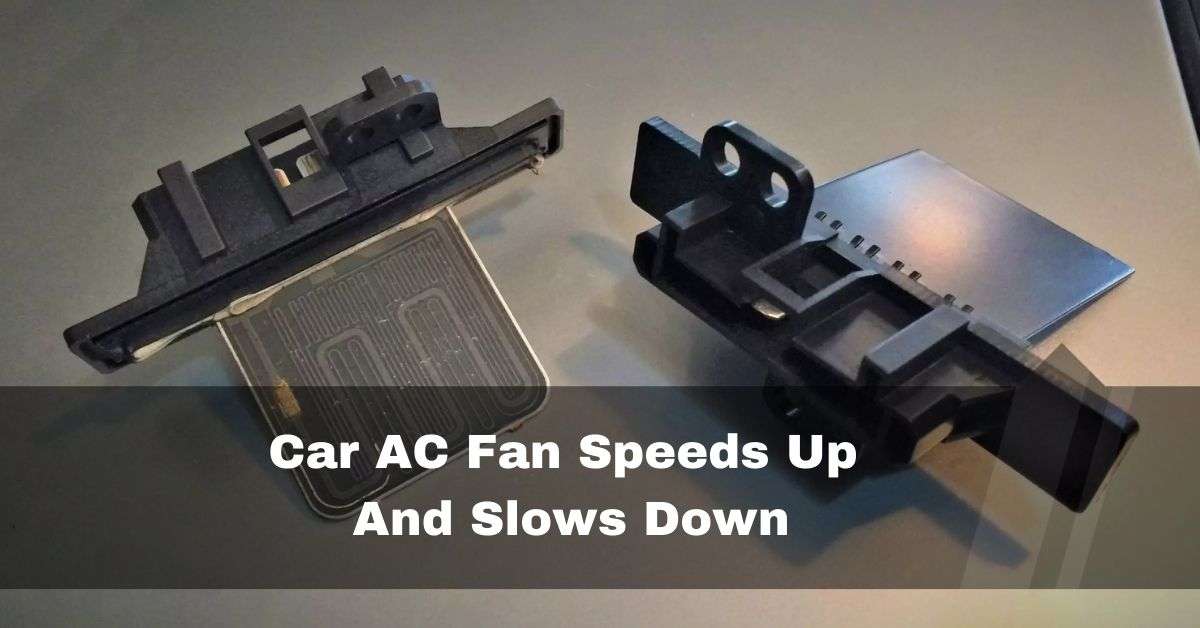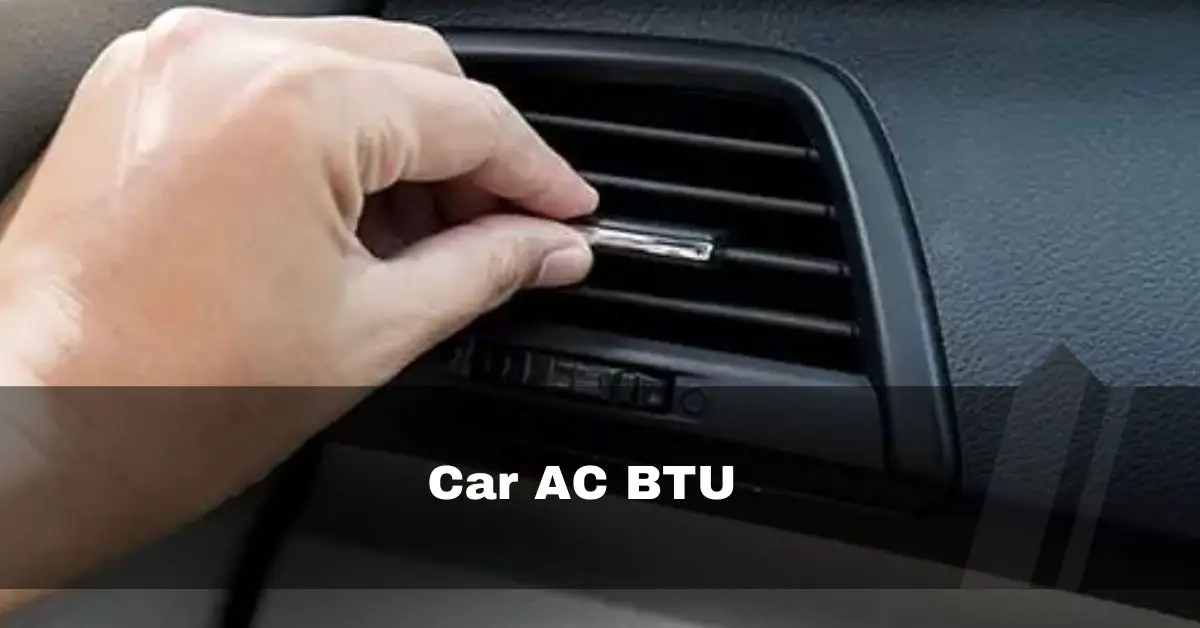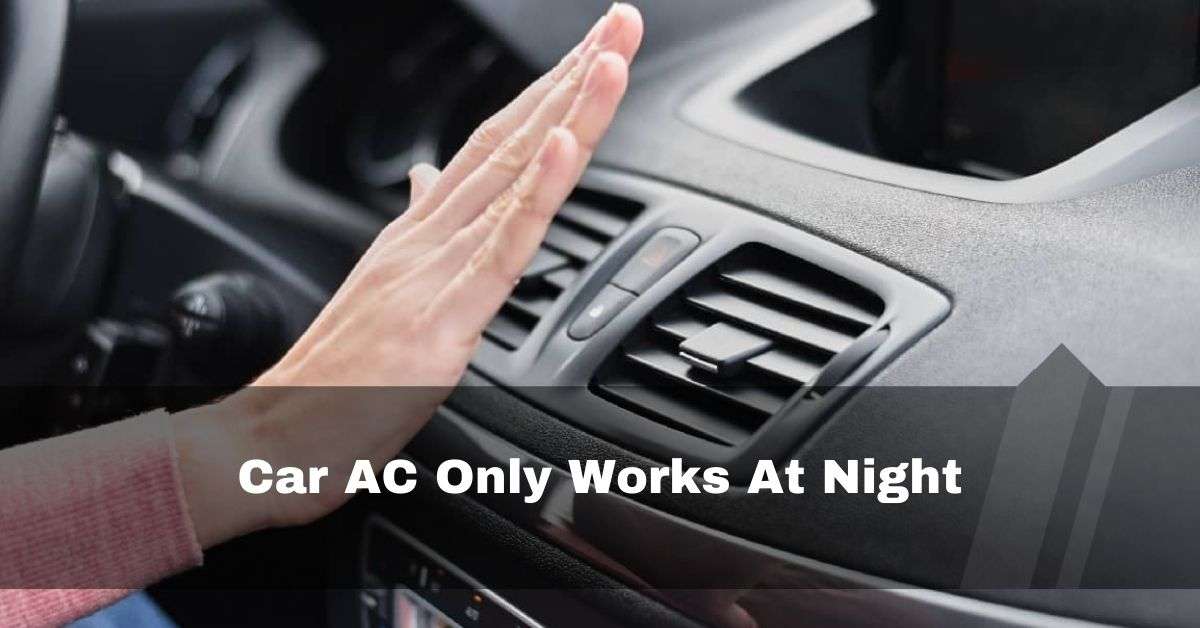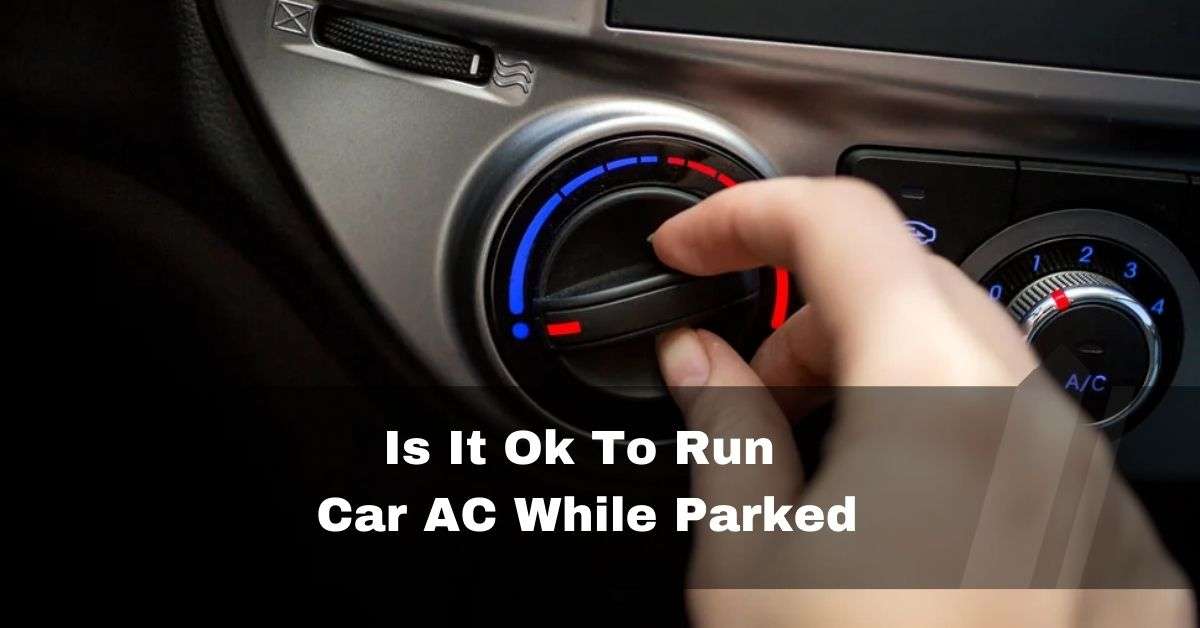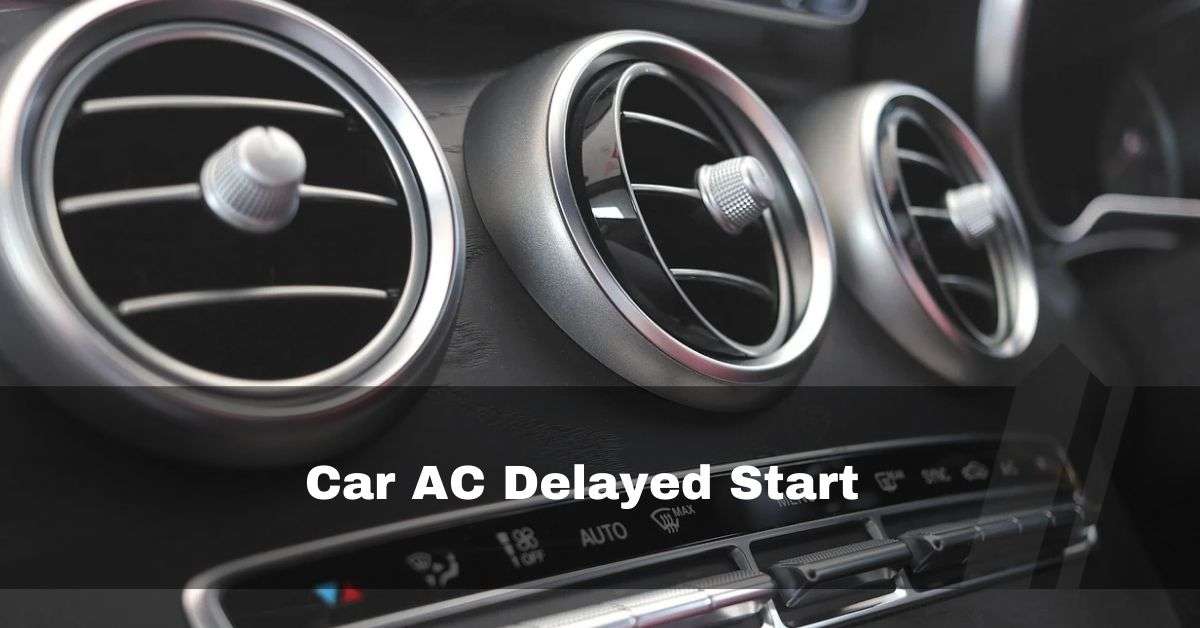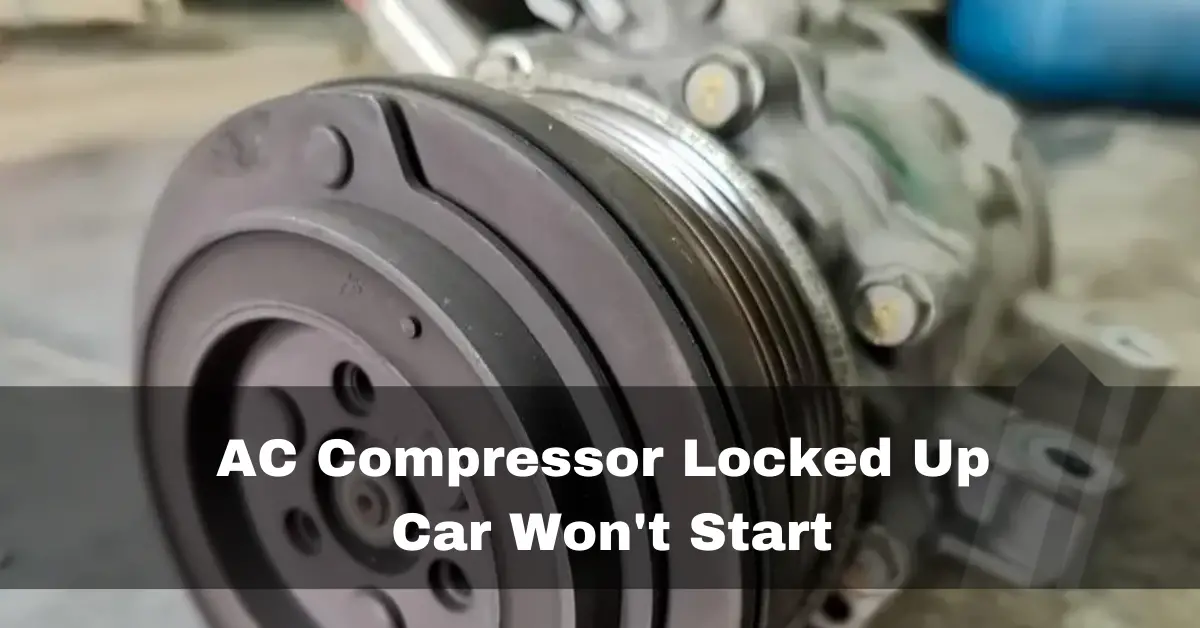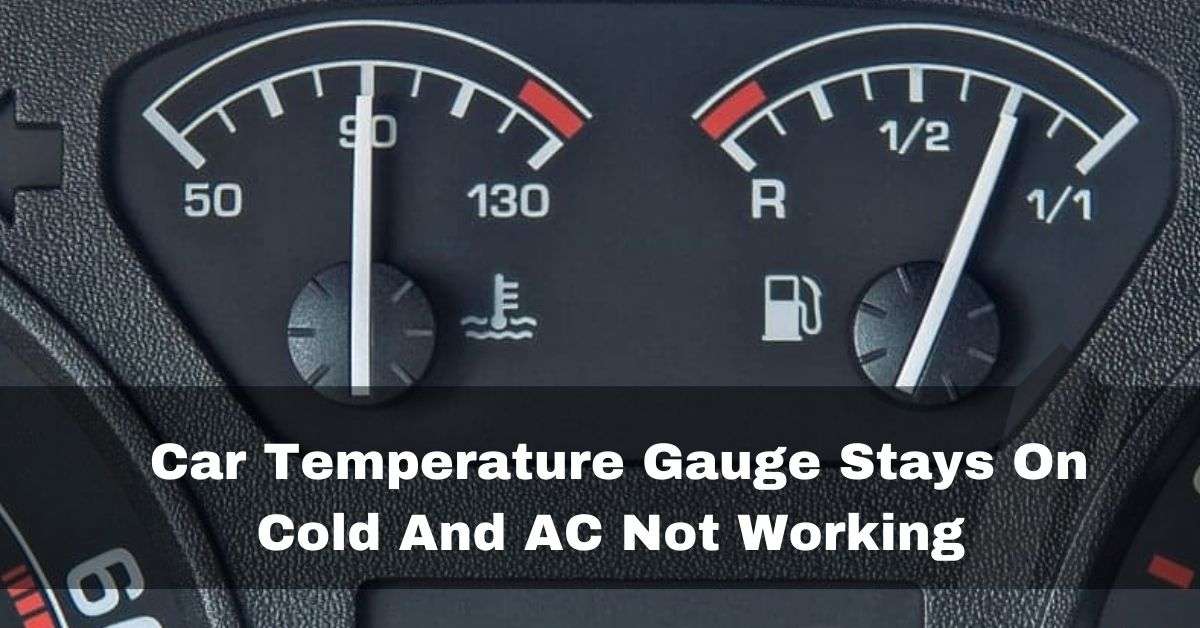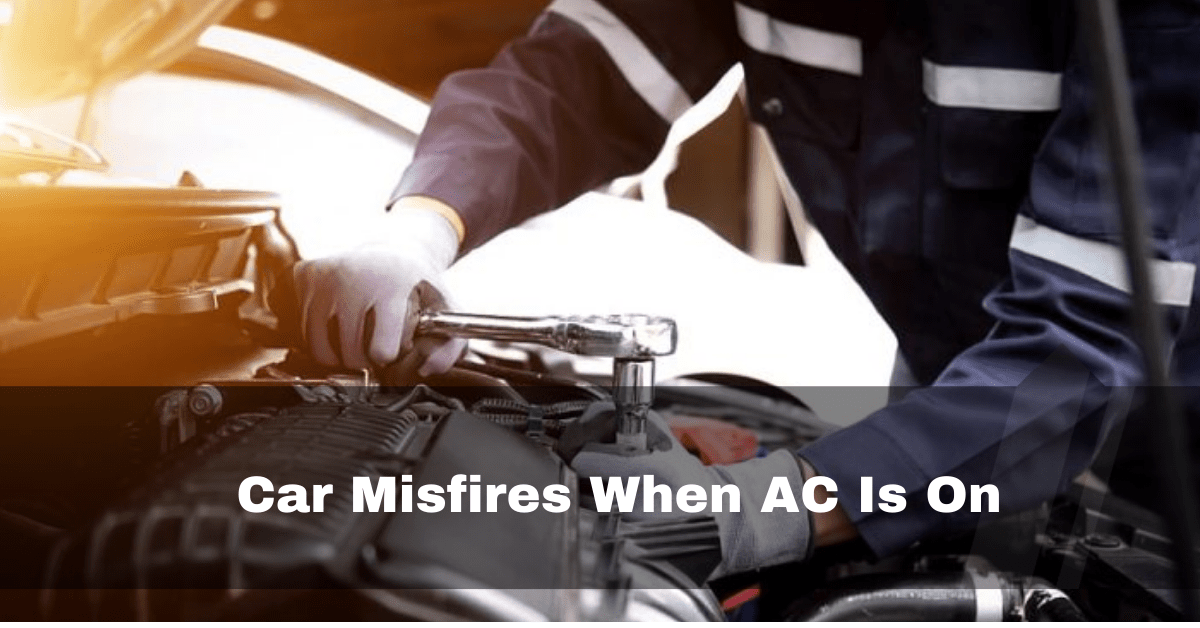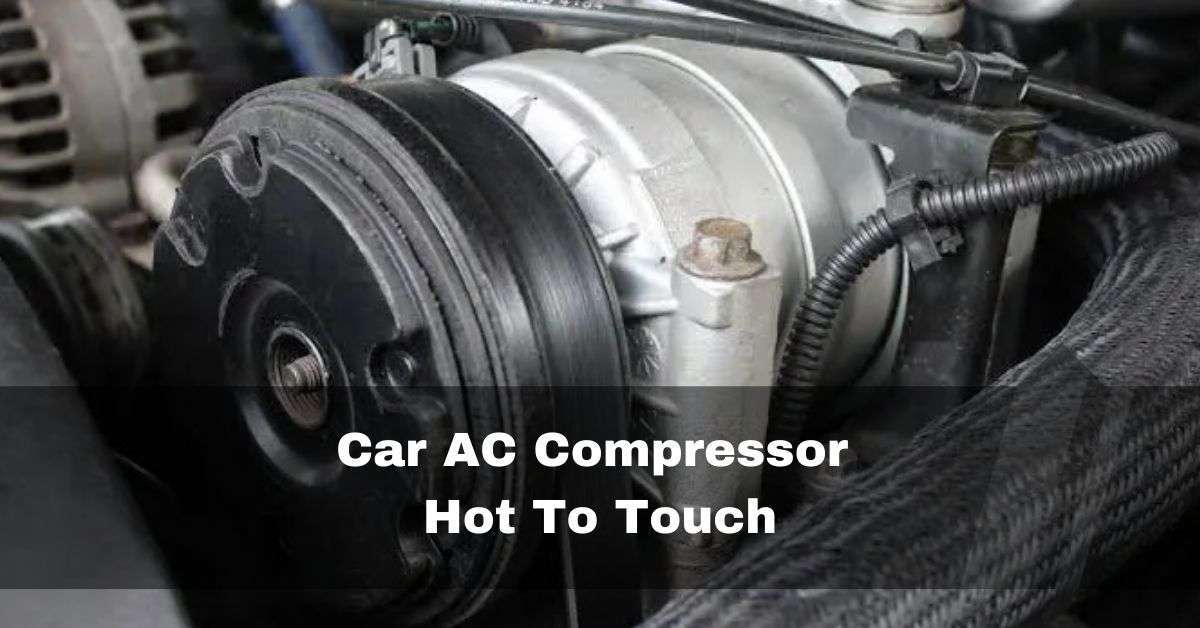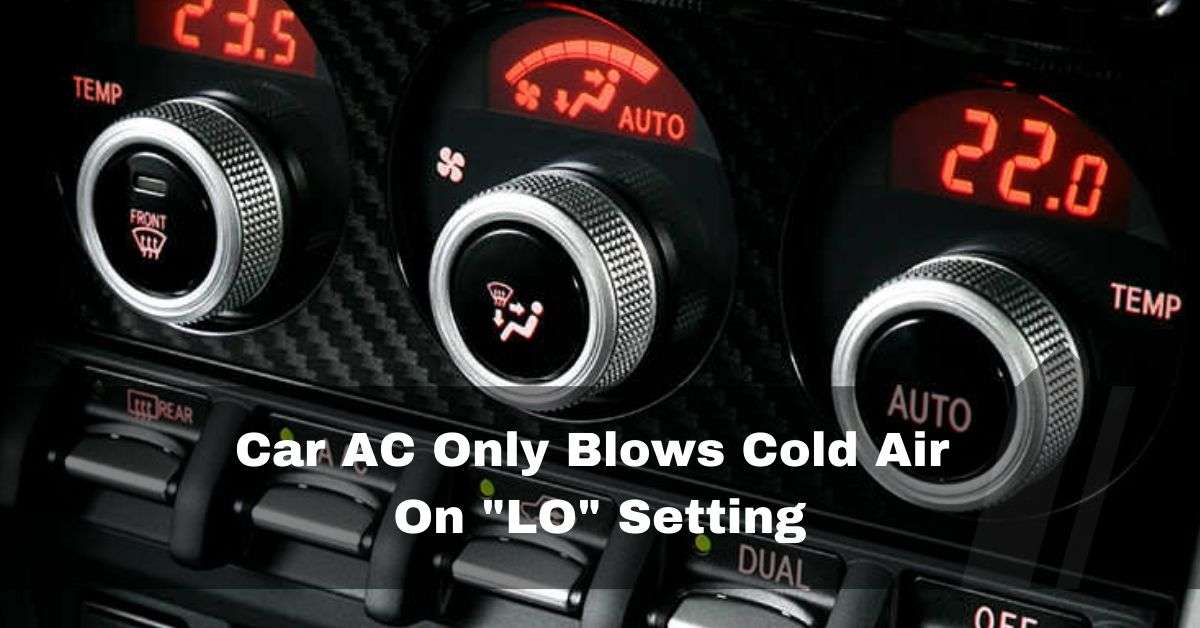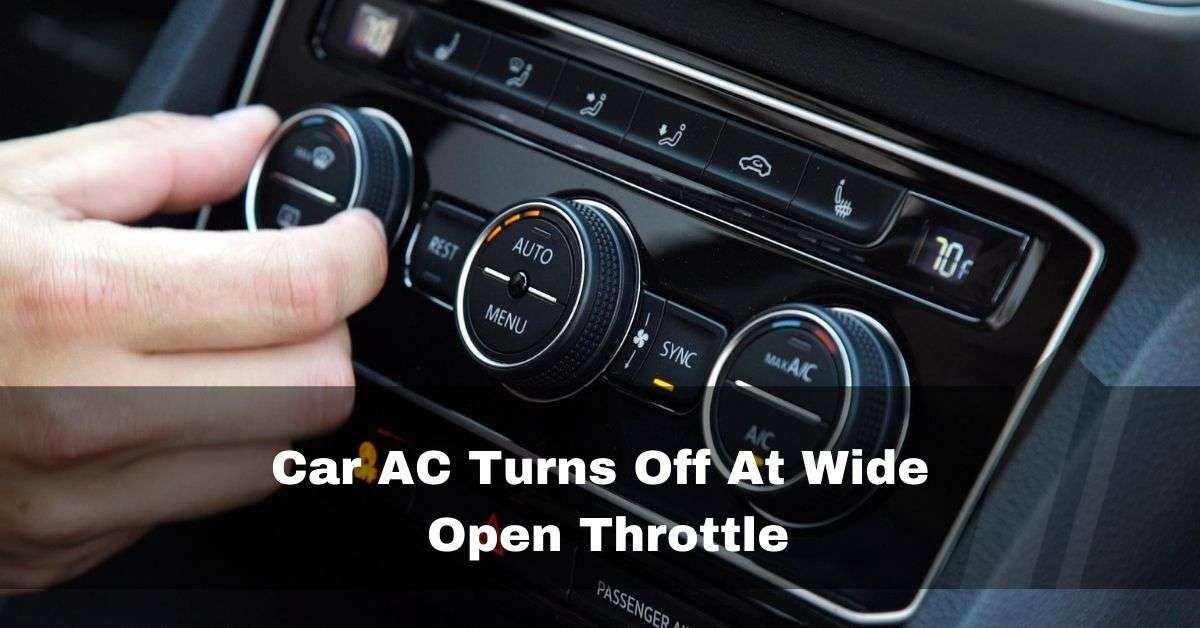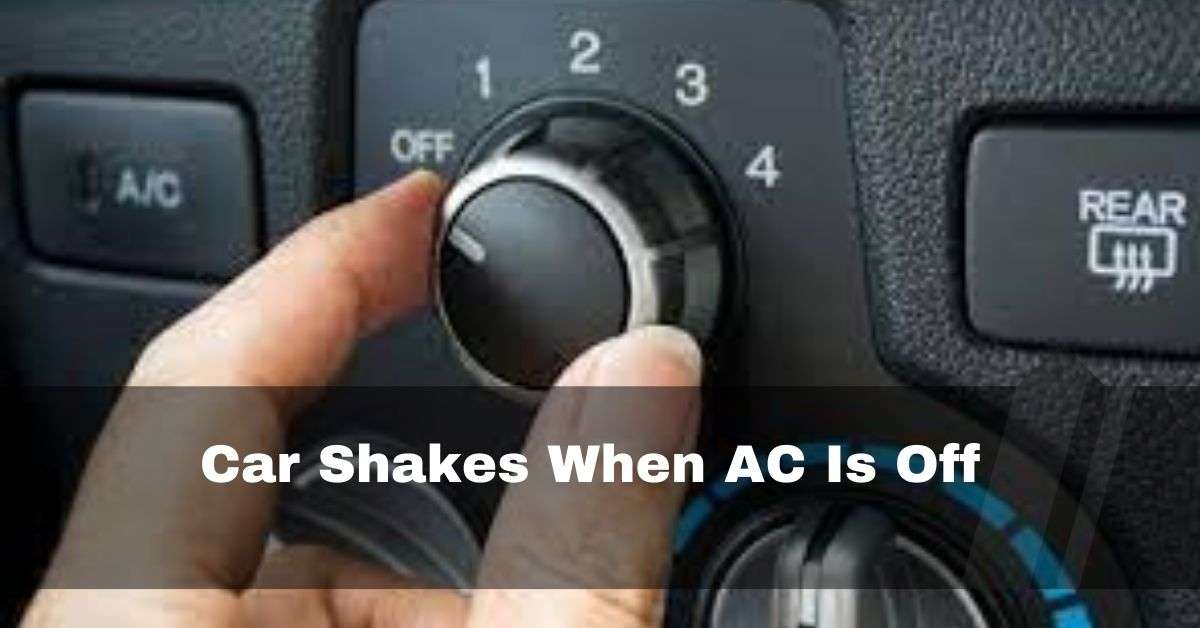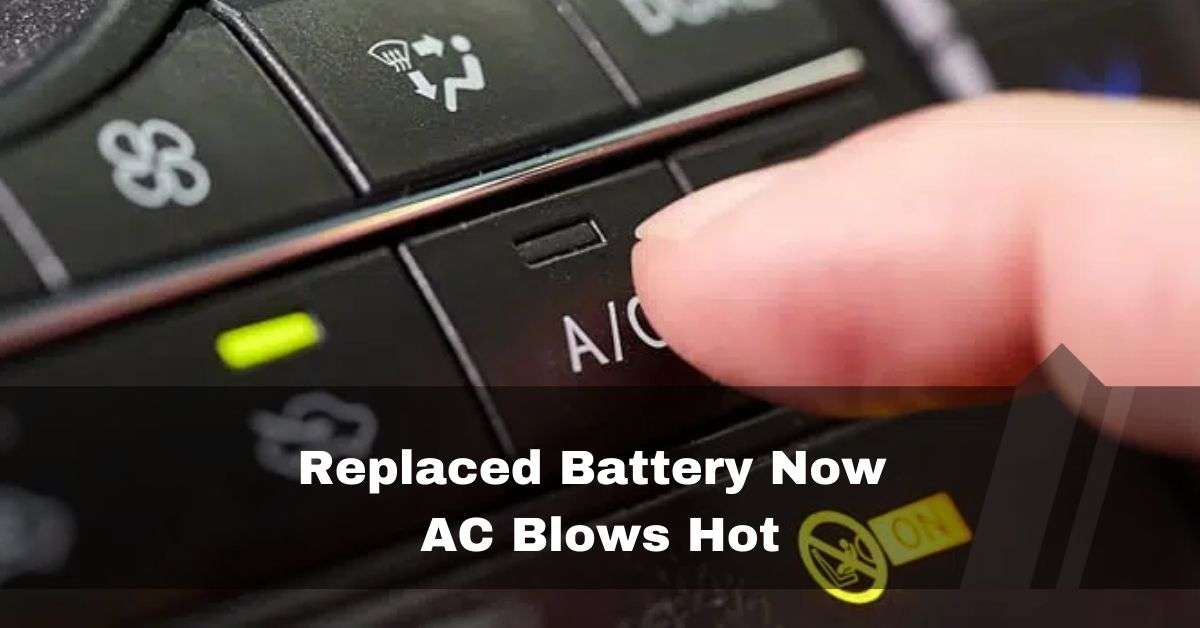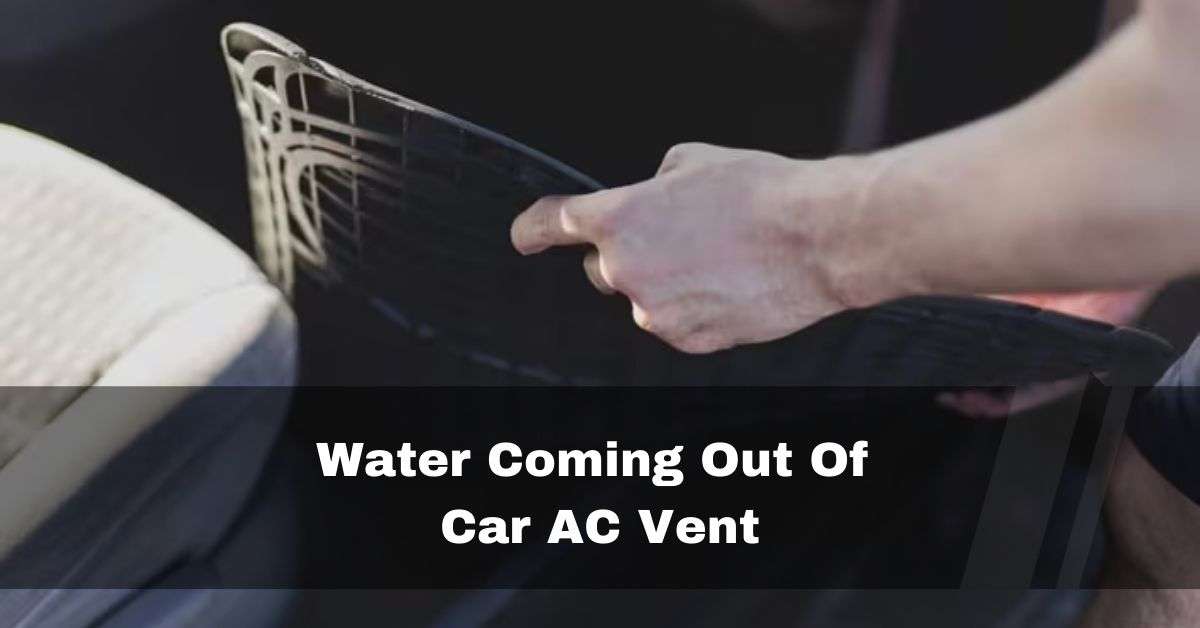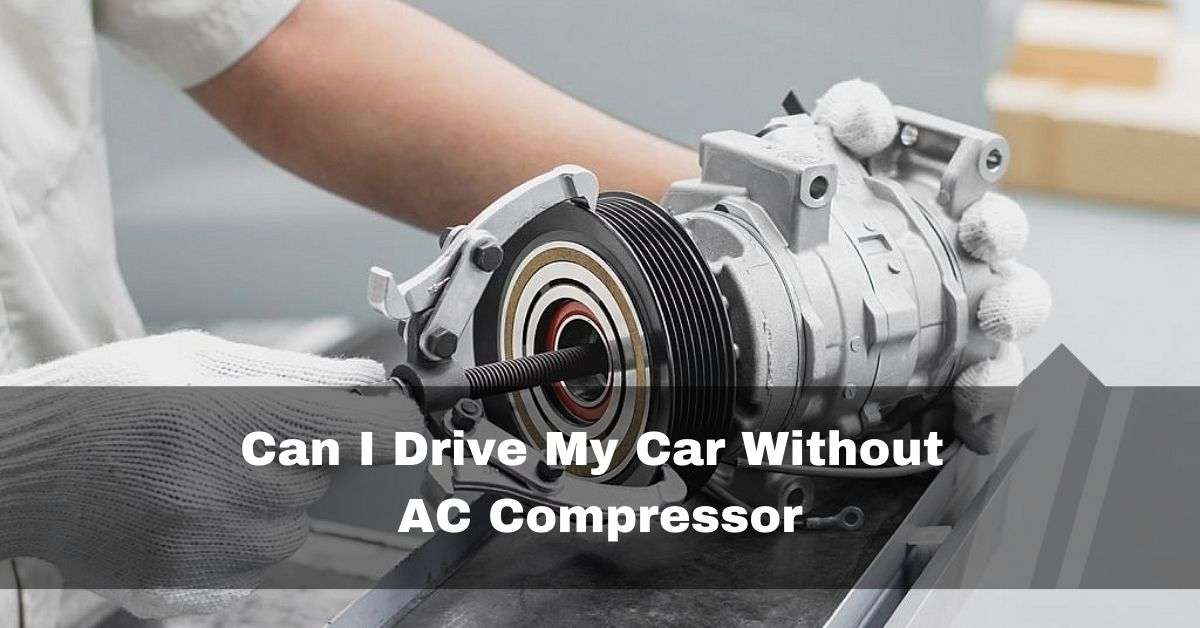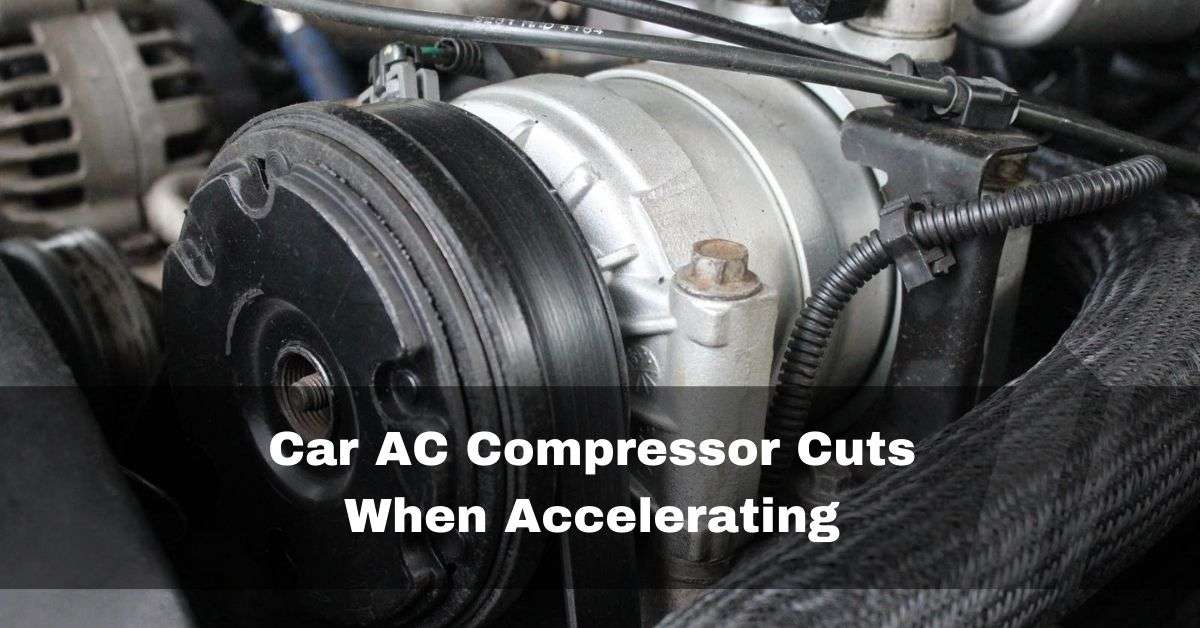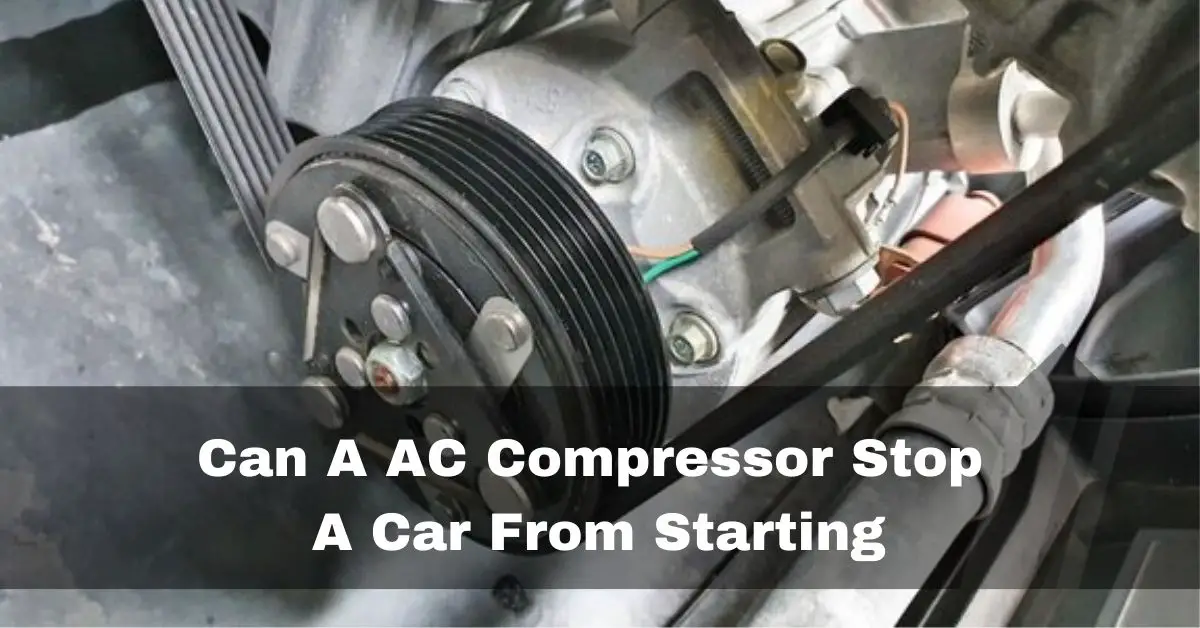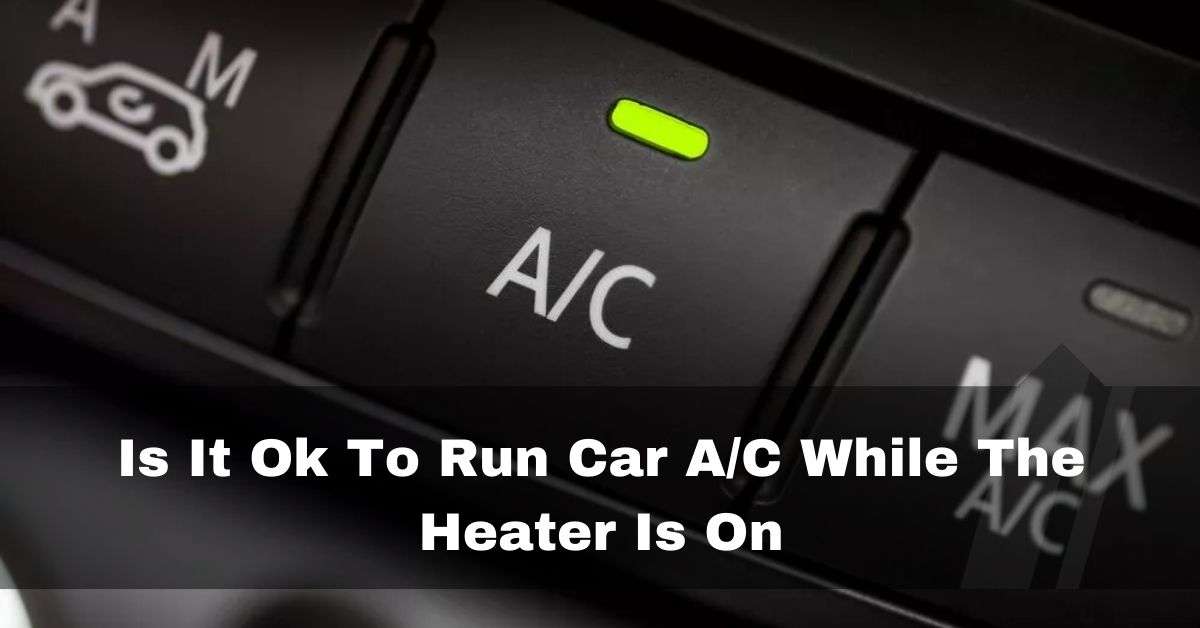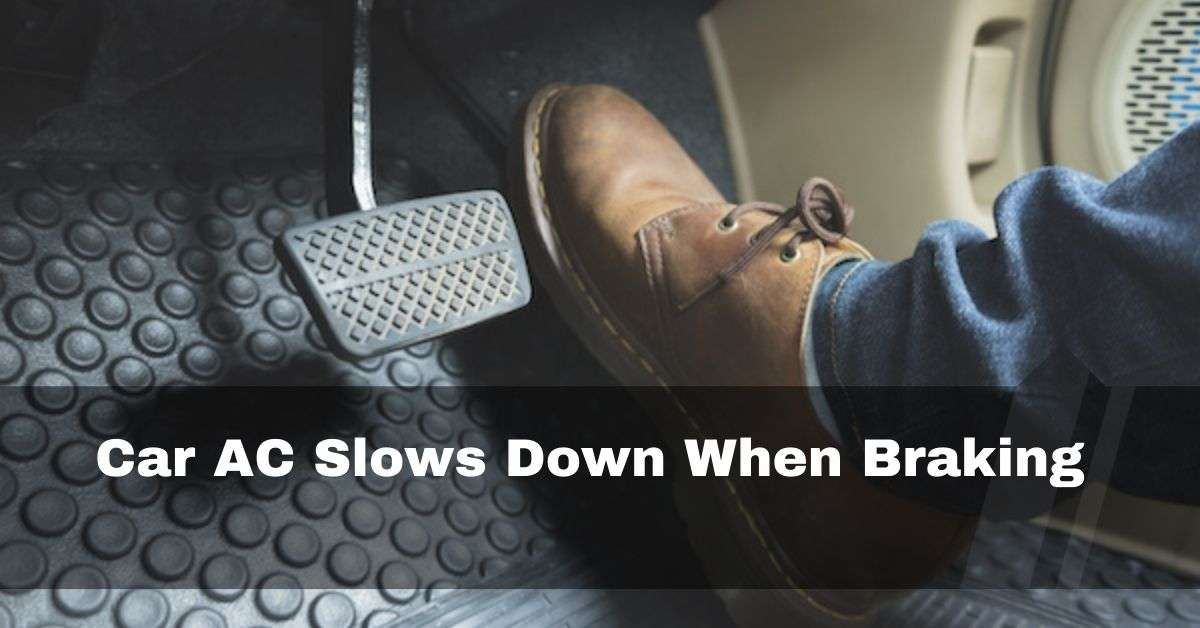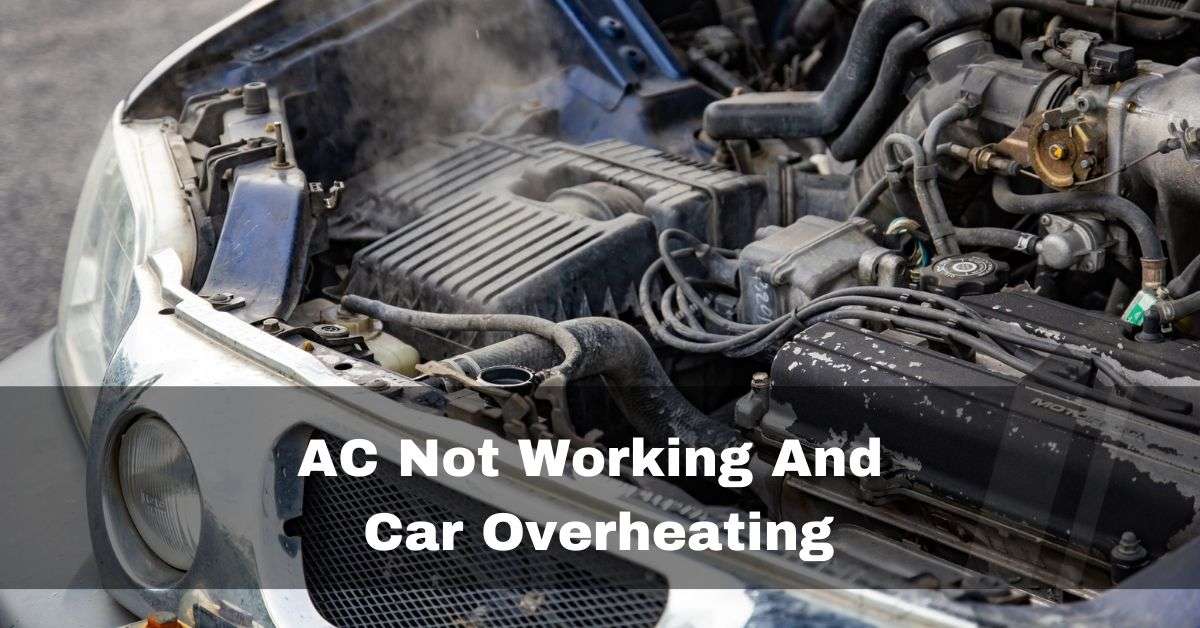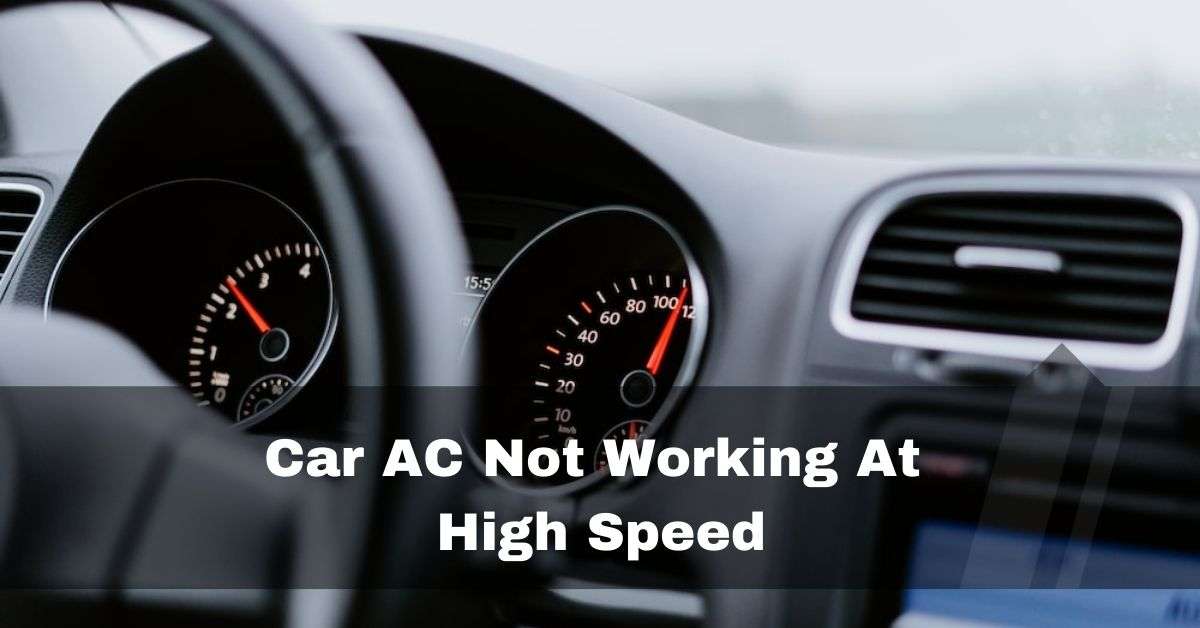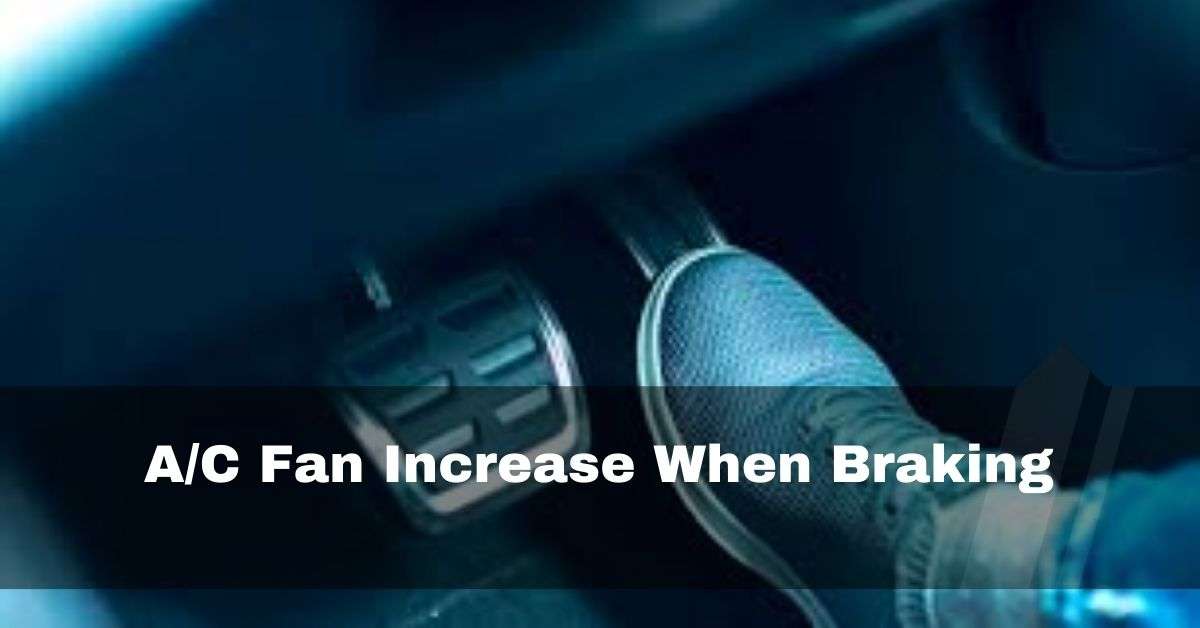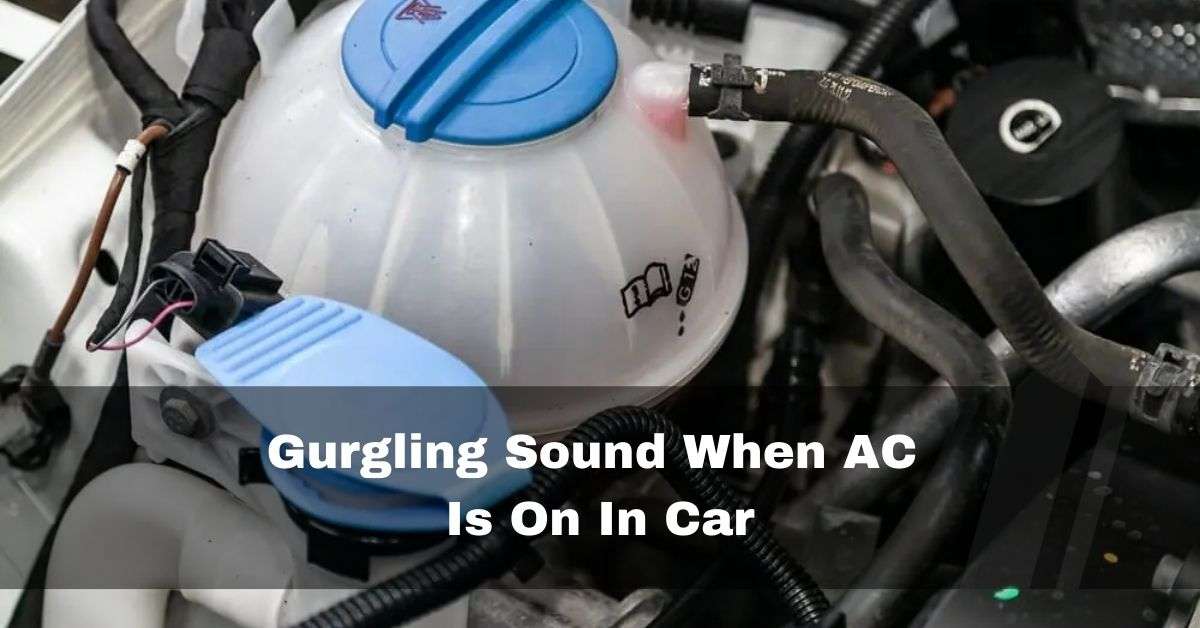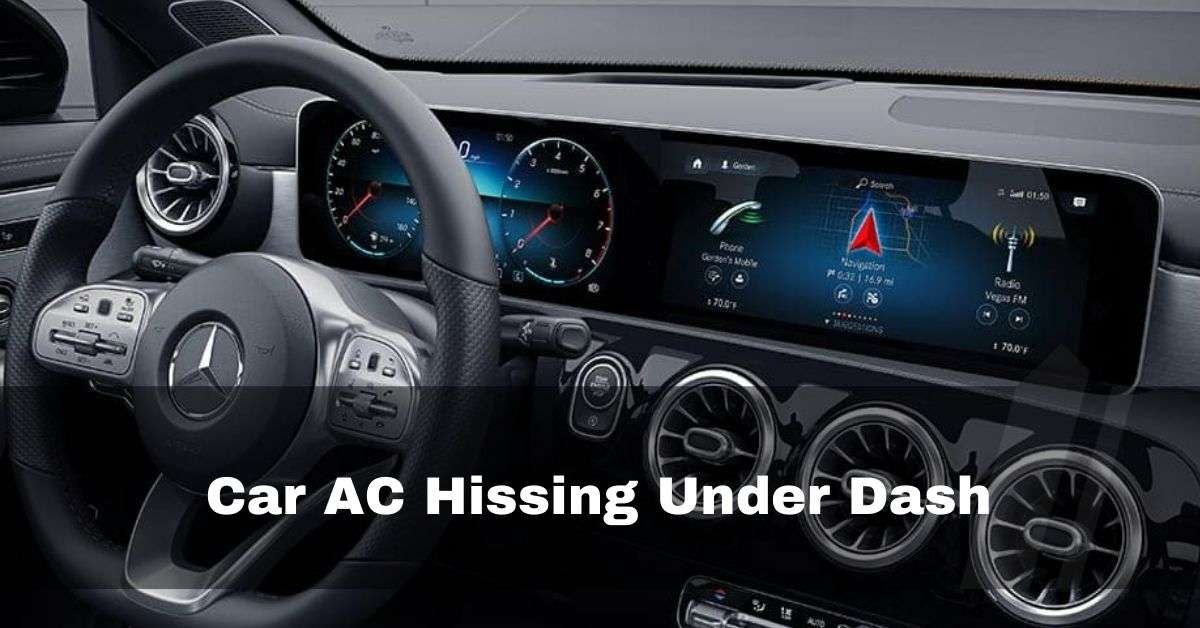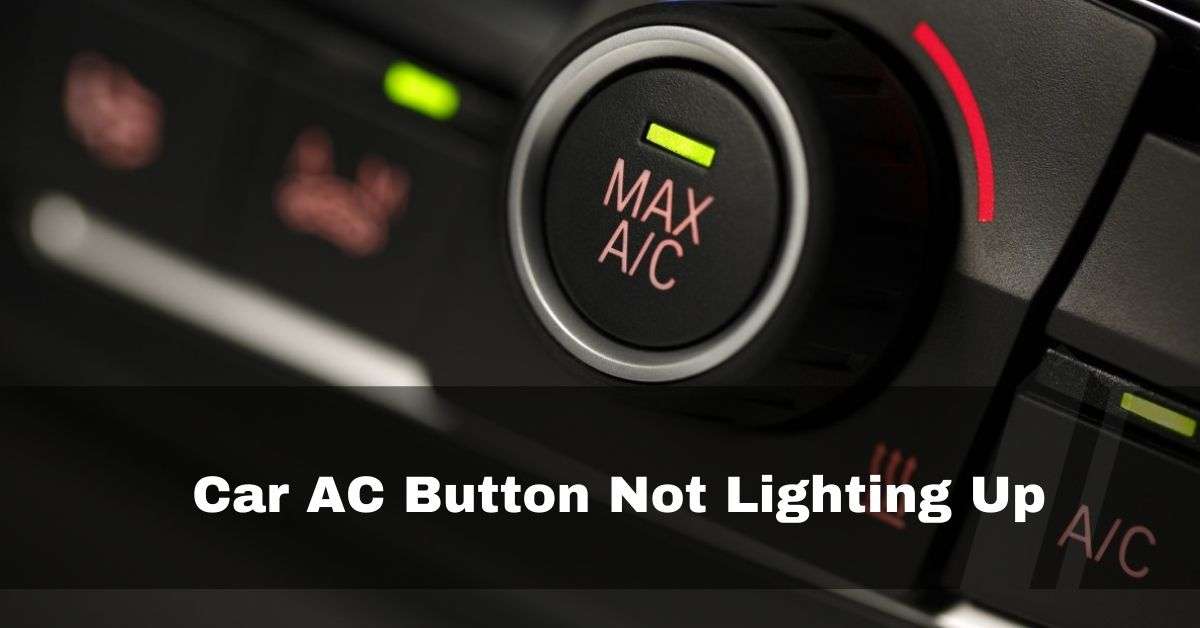Are you concerned that using their air conditioning can negatively impact the transmission of their vehicle? So you’re at the right place. Stay With us!
Theoretically, there is no interaction between a car air conditioner and (automatic) transmission. Under unusual circumstances, heat generated by one system could affect the other. Many automatic transmissions have fluid cooling lines that go to a separate system in the radiator to dissipate heat generated during driving.
For car owners to feel secure in their decisions and adequately maintain their vehicles, we aim to explain the relationship between air conditioning and transmission clearly.
Table of Contents
How Does Car Air Conditioning Consume Power?
Car air conditioning systems use power through the engine’s contact with the AC compressor clutch. By serving as a vital link between the engine and the air conditioning system, the AC compressor clutch makes it easier for power to go to the AC compressor.
The serpentine belt that connects the AC compressor to the engine’s crankshaft via the AC compressor clutch engages when the AC is turned on. This interaction powers the air conditioning system and can cool the cabin.
The size of the vehicle, the engine’s power, the AC compressor’s size, and the AC components’ overall condition are some of the variables that affect the power consumption of the AC compressor.
The additional load that the AC compressor places on the engine when running can lower its total power output. As a result, when the AC is running, drivers could experience a momentary drop in acceleration and slightly slow engine performance.
Overall, the AC compressor is vital to the air conditioning system’s operation and is required to deliver cool, comfortable air within the car. However, it’s crucial to be mindful of the potential impact on the engine’s performance and to use the AC sparingly, especially when the engine has to run at its peak, like while climbing hills or pulling large loads.
Is The Air Conditioner Connected to The Transmission?
Does transmission affect ac? No. The AC compressor is not directly connected to your transmission. The engine is the only connection between the two. Through a serpentine belt, the engine drives the pulley that turns the AC compressor. Your engine is definitely connected to the transmission system. Despite this indirect relationship, the AC compressor issue rarely affects the transmission.
How Can Air Conditioning Affect Transmission?
Does the transmission affect the air conditioner? The following are some ways that air conditioning might impact a vehicle’s transmission:
1. Cooling System Is Compromised:
Does the ac affect the transmission? After lubricating the transmission’s parts, transmission fluid travels via the cooler lines in the transmission to maintain its temperature. Transmission cooler lines are located close to the radiator.
The transmission cooler and radiator are independent parts in some vehicles, like Dodge. While in other cars, the lower part of the radiator is where the transmission fluid transfers heat.
Transmission fluid won’t be able to effectively exchange heat with the coolant running through the radiator if the engine overheats while the AC is on. It is because the coolant temperature in the engine won’t be reduced.

Transmission fluid will degrade and lose its hydraulic qualities as a result. Additionally, excessive engine heat will harm the engine’s parts and impair the sensors’ ability to function properly, which is essential for the efficient operation of the engine.
It would help if you kept an eye on your car’s dashboard. If your car’s engine temperature is rising while the air conditioner is running, you should stop the car immediately and look for the source of the overheating.
2. Bad Transmission Fluid:
Can transmission affect air conditioner? Transmission fluid will lose its viscosity and lubricating qualities if it has degraded due to the engine overheating. It would be best if you examined the transmission fluid’s hue. A reddish hue can be seen in healthy transmission fluid. As a result, if your transmission fluid is brown or black, it needs to be flushed.
3. Engine Is Rough Idling And Stalling:
When the engine is not receiving the proper amount of fuel or air, stalling and rough idling occur. The engine may abruptly stop operating due to this, or it may run erratically, vibrating and jerking while it does so. Additionally, the engine can start and stop abruptly and won’t respond when you press the accelerator.
The transmission may tremble and not accelerate as smoothly as it should when the engine runs rough or stalling. When the engine is the issue, this can give you the impression that the transmission is having problems.

As a result, when you switch on the car’s air conditioning, the compressor may use 5 to 15% of the engine’s power, which lowers the amount of power available to move the car. Turning on the air conditioning will make your car jerky and cause the engine to stall or rough idle worse. Because of this, you’ll believe that your car’s AC is interfering with the transmission.
Furthermore, the transmission will eventually sustain damage if the engine runs rough or revs independently.
Let Me Now Explain Why It Does Occur:
The engine in your car provides the power for the transmission oil pump. The transmission oil pump is not electrically connected. Therefore, more transmission oil is poured through the transmission at higher engine RPMs.
Transmission oil won’t be pushed through the cooling system and transmission parts as effectively if the engine’s RPM is erratic due to a choppy idle when the AC is on. As a result, the transmission will experience more wear and tear, costing more to maintain and fix.
4. Malfunctioning AC Compressor:
The AC compressor is an essential part of the AC system since it aids in maintaining the proper pressure and circulating the refrigerant.
When the AC is turned on, the compressor starts working and uses engine power. The transmission may experience additional stress from a malfunctioning compressor, slipping, and power loss. It can be problematic when the AC is on, and the compressor works hard to keep the car cool.
Wear and tear could be caused if the AC compressor partially seizes and drags down the engine and transmission. When changing gears, your car might feel like slipping or jerking.
5. Reduced Engine Power Mode:
Your car won’t easily shift into higher gears when you turn on the AC if it is in reduced power mode.
When there is a major issue with the engine, reduced engine power mode, sometimes known as “limp mode,” is a safety function created to safeguard your engine and transmission from damage.

When activated, the engine shuts off power to the transmission, limiting the force applied to the wheels. It is done to avoid overloading, which may result in significant damage.
Can Driving With A Bad Ac Compressor Cause Damage To My Transmission?
It would help if you never drove with a damaged AC compressor, even though it won’t harm your car’s gearbox.
Even with a failed AC compressor, your automobile is still safe to drive, but you should use caution. Do not turn on the AC switch if your AC compressor is malfunctioning.
Engine cooling is inadequate when a car’s AC compressor is malfunctioning, which is the first result. The lack of cold air from the vents makes it impossible to keep your automobile comfortable in the heat. But the issue goes far deeper than that.
An unreliable AC compressor will eventually harm your car’s engine and gearbox. But how is that even conceivable? Through a serpentine belt, the engine drives the pulley that turns the AC compressor.
Due to faulty AC alternator parts, the engine will have to work harder than intended, which will cause engine wear and tear. In extreme situations, it might even stall.
A serpentine belt also connects the power steering, alternator, and water pump. The belt on an AC compressor wears out more quickly. It might snap or slacken, rendering it useless.
That will fail the water pump and other accessories it powers. Overheating of the engine, a side effect of transmission damage, results.
The engine and transmission should meet the recommended temperature range. Nevertheless, a malfunctioning AC compressor could also harm the cooling systems. Transmissions and engines that are overheated are less effective and last longer.
In conclusion, driving your automobile with a faulty AC compressor is possible but dangerous. It may necessitate expensive repairs and part replacements; therefore, whether you plan to use your AC system to cool your automobile or not, fix it as soon as possible.
What Are The Symptoms Of A Bad AC Compressor?
1. Warm Air from Vents:
When the air blowing from the vents is no longer cool or cold, it is one of the most obvious indicators of a failing AC compressor. It can be a sign that the compressor is not correctly compressing the refrigerant, which prevents the air conditioning system from cooling.

2. Loud or Unusual Noises:
When operating, a failed AC compressor may make loud, odd noises. The compressor’s internal components may malfunction if the engine compartment makes grinding, screeching, or rattling noises.
3. AC Clutch Not Engaging:
When the AC is turned on, and off, a clutch in the compressor engages and disengages. The compressor won’t get power if the clutch doesn’t engage, leaving the system without cooling.

4. AC Compressor Cycles On and Off Rapidly:
If the compressor is quickly going on and off, there may be an electrical problem, a refrigerant leak, or a worn-out clutch.
5. Leaking Refrigerant:
Refrigerant leaks may result from an AC compressor that isn’t working correctly. When the AC is running, you can observe puddles of oil or refrigerant below the car or smell something sweet and chemical-like.

What Are The Causes Of Engine Rough Idling?
Engine rough idling is the term used to describe when an automobile’s engine runs sporadically or unevenly while the vehicle is stationary or operating at a low pace. Various circumstances may cause rough idling, and finding the precise cause may call for an expert assessment. However, the following are some typical reasons why engines idle rough:
- Dirty or Clogged Air Filter.
- Faulty Spark Plugs or Ignition System.
- Vacuum Leaks.
- Dirty Throttle Body.
- Malfunctioning Mass Airflow Sensor (MAF).
- Faulty Idle Air Control (IAC) Valve.
- EGR (Exhaust Gas Recirculation) System Issues.
- Low Fuel Pressure.
- Dirty Fuel Injectors.
FAQs:
1. Can A Bad Ac Compressor Cause Transmission Problems?
Can ac compressor cause transmission problems? Transmission issues shouldn’t be caused directly by a malfunctioning AC compressor. The primary purpose of the air conditioning compressor, which is a component of the vehicle’s air conditioning system, is to compress and circulate refrigerant to chill the cabin air.
2. Does Car Air Conditioning Affect The Engine?
Yes, car air conditioning does have some effect on the engine. The added stress that the air conditioning system causes on the engine may affect how well it performs and how efficiently it uses fuel.
3. How To Check Transmission Fluid?
- Turn on the engine after parking the car on a flat surface.
- Find the dipstick for the transmission fluid, which is typically marked with a red or yellow handle.
- The fluid level should be between the “Full” and “Add” indications when the dipstick is removed, cleaned, and reinserted.
Conclusion:
When in good condition, an AC compressor does not impact your car’s transmission or ability to drive. However, in many instances, a damaged one can result in issues with the engine and transmission. Because of the increased workload, the engine will experience significant wear and tear. The engine and transmission systems may experience overheating if the cooling system malfunctions as a result of a broken AC compressor. Driving a car with a damaged AC compressor is not advised.

